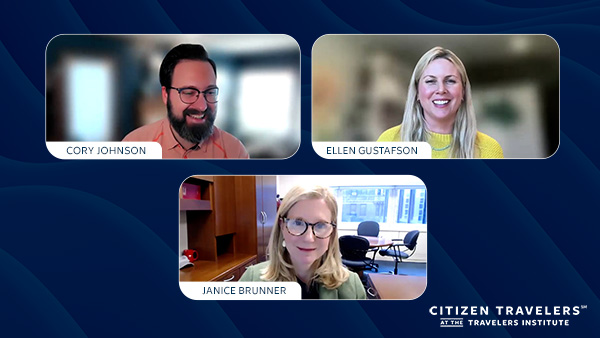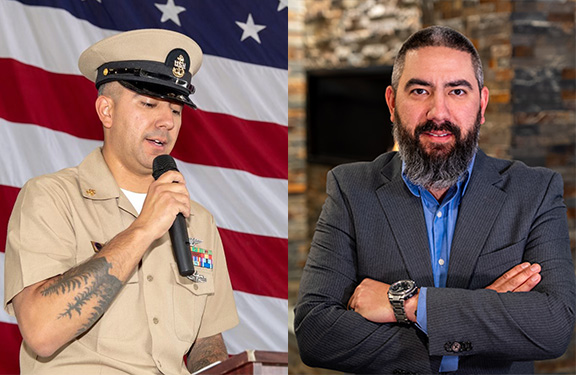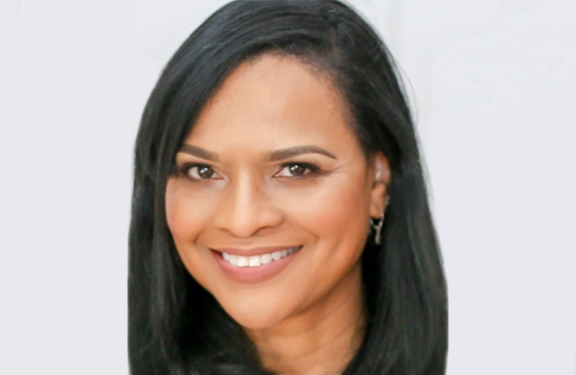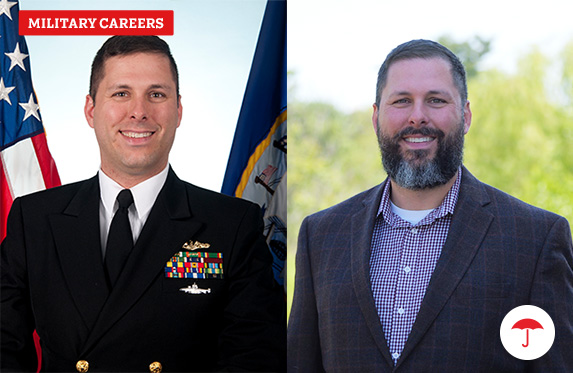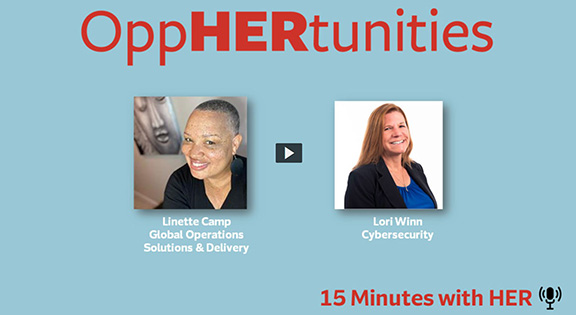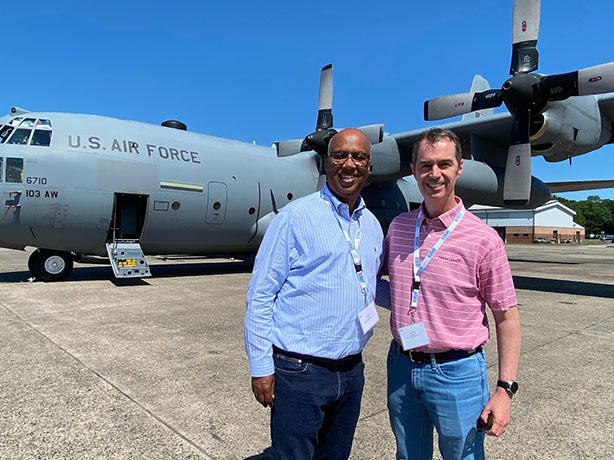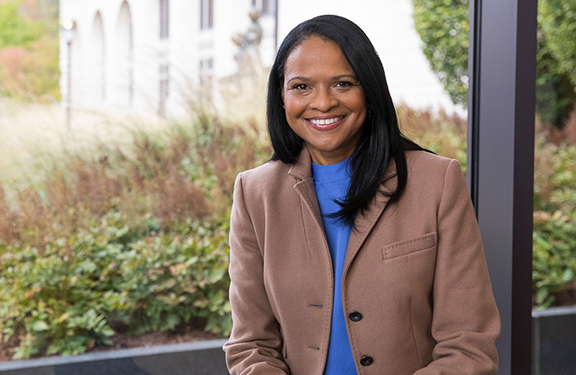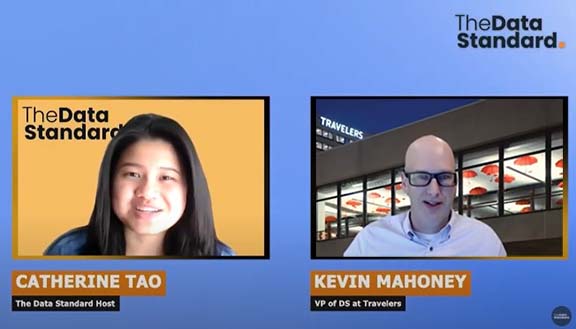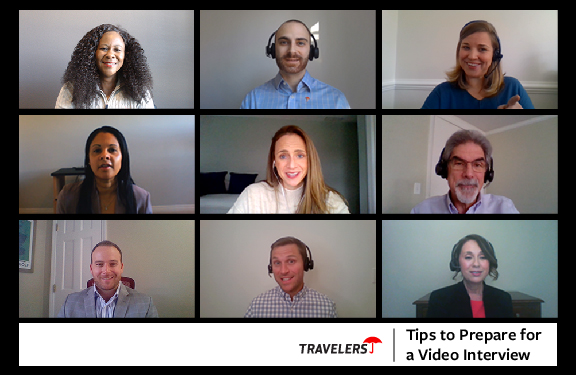Discovering Common Purpose: Veterans and Military Families on the Rewards of Civic Engagement
On a recent Citizen Travelers, Travelers Institute webinar, Cory Johnson, Co-Chair of the Travelers Military/Veterans and Allies Diversity Network, and Janice Brunner, Group General Counsel and Head of Civic Engagement at Travelers, were joined by Ellen Gustafson, Executive Director and Co-Founder of We the Veterans and Military Families, to explore the rewards of civic engagement for veterans and military families.
